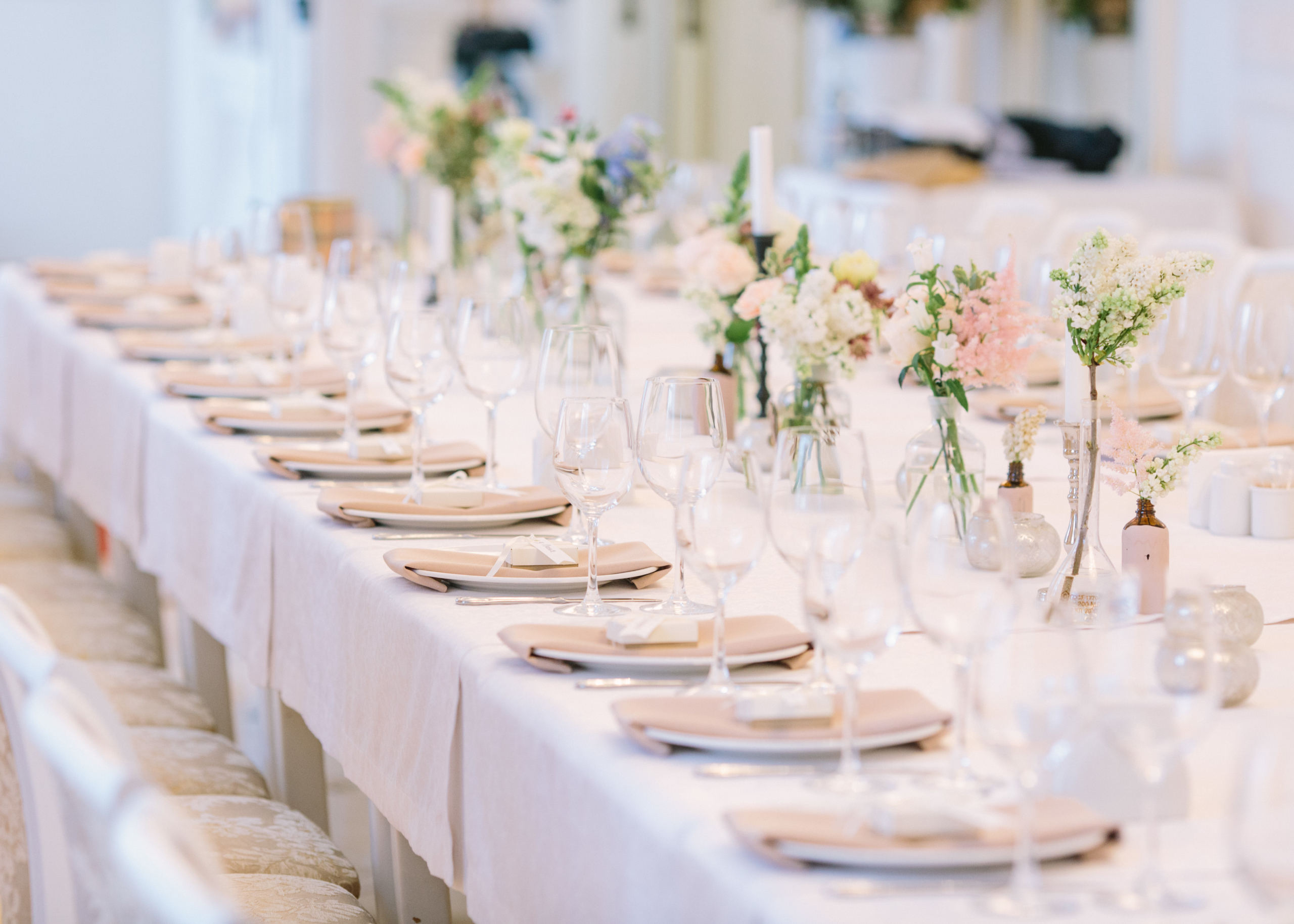Many people look forward to April and May for the “nuptials.”
But wait, you say. Isn’t June supposed to be the month for weddings?
Yes, but we’re not talking about weddings, at least not yet. Instead, we’re talking about the “nuptials” displayed by migrating birds.
ICYMI: How some words don’t stand the test of time
As we wrote in a column on “betrothal” nearly five years ago, “nuptial” doesn’t mean just human marriages, but it also means “of, relating to, or characteristic of mating or the breeding season,” especially “designating behaviour or coloration specific to the mating season,” as the Oxford English Dictionary says. Or, as Merriam-Webster says, more simply, “characteristic of or occurring in the breeding season.”
We might just call it “breeding plumage,” the beautiful colors displayed by (mostly male) birds as they seek to attract mates, during or after their migration season. But in a sense, “nuptial” is an appropriate word, since mating is a form of a wedding. (Some birds do mate for life, but the rest of them are pretty, um, flighty when it comes to mates.)
The word “nuptial” entered the English language as an adjective around 1490, the OED says, from either old French or Latin words referring to a marriage or a wedding. The noun showed about 75 years later, with the wedding itself being called the “nuptial” or “nuptials.” Even if there is just one marriage, the plural was often used.
Today, about the only time you see “nuptial” as a singular is when it’s an adjective, as in a “prenuptial agreement,” shortened to “prenup.”
It’s equally rare to see “wedded” as the past tense of “wed.” Yes, that’s right. “I wedded my husband 26 years ago this week” is grammatically correct. It certainly sounds clunky to modern ears, which is probably why most past tense references are “wed.” “Wedded” is overwhelmingly used as an adjective.
Even Merriam-Webster’s example for the past tense begs to differ: “The actress wed her fourth husband last year.”
The OED allows that “wed” can be the past tense of “wed,” but Webster’s New World College Dictionary, the one followed by the Associated Press and many news organizations, lists only “wedded” for the simple past tense. Even so, in Nexis, most articles use “wed.”
Garner’s Modern English Usage takes the formal route on “wed.” “As the simple past tense, wed is a variant” that is labeled as “dialectal” in Webster’s New International Dictionary of the English Language, second edition, Garner’s says. That the dictionary was published in 1934, and succeeded by the controversial Webster’s Third, is apparently of no moment. “Stick to wedded,” Garner’s says. Well, many articles in Nexis do, but in the past perfect form “has wedded,” is far more popular than “has wed.”
The use of the past tense “wed” “has become especially wide-spread in the 1970s,” Garner’s said. It’s so widespread that on Garner’s five-stage Language-Change Index, “wed” for “wedded” moved from Stage 2 (“malodorous”) in the third edition (2009) to Stage 4 (“vaguely odorous”) in the fourth edition (2016), meaning all but fully acceptable.
With a negative prefix, though, the opposite thing happened to the advective. “Unwedded mother” was the form until about 1920, Garner’s says. Now, unwed mother” is the “proper” adjective, if not a proper condition.
By the way, the event that led to our original column on “betrothal” was the marriage of Kim Kardashian and Kanye West. They said it wouldn’t last, but they are still wedded, as of this writing at least.
ICYMI: Dictionaries recently added more than 1,500 words. Here are some new entries.
Merrill Perlman managed copy desks across the newsroom at the New York Times, where she worked for twenty-five years. Follow her on Twitter at @meperl.

